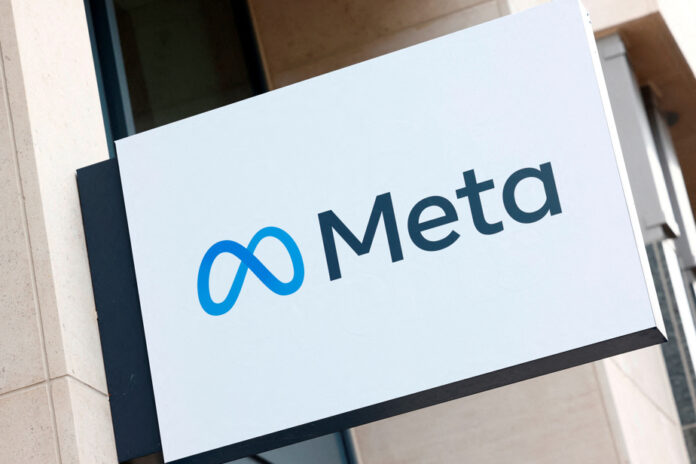The Competition Bureau must look into “abuse of dominance” of the Facebook platform, say representatives of major Canadian media. They are calling for an investigation into the news blocking Meta enacted in the wake of Bill C-18 on the news.
According to News Media Canada, the Canadian Association of Broadcasters and Radio-Canada, the Californian giant’s practices “are clearly designed to suppress Canadian news organizations, prevent them from participating and accessing the advertising market. , and drastically reduce their visibility”.
“Meta’s anti-competitive behavior, which has drawn the attention of regulators around the world, will strengthen its already dominant position in advertising and social media and harm Canadian journalism,” the statement from the three organizations reads.
Bill C-18 would force Meta (Facebook, Instagram, Threads) and Alphabet (Google, YouTube) to negotiate media deals to compensate for the airing of their content.
For months, the two tech giants have been threatening to cut off access to Canadian news if Ottawa goes ahead with its new law. Adopted in June, it is due to come into force in December, but Meta has already followed through on its threat, the company announced on August 1.
The plaintiffs of the inquiry want the Competition Bureau to force Meta “to refrain from discriminating against or penalizing, algorithmically or otherwise, the content of Canadian news organizations on its platforms.”
According to them, Meta seeks to “unilaterally dictate the rules of the game”. Blocking content will “undoubtedly diminish the visibility” of news and harm its ability to earn advertising or subscription revenue, the organizations add as part of their public release.
“If Meta is allowed to operate with impunity, it could cause significant damage to the ability of Canadian news organizations” to do their job, described as “essential to the functioning of a free and democratic society” in August 8 press release.
News Media Canada represents print and digital media, including La Presse. The Canadian Association of Broadcasters is the national voice of private radio and television broadcasters.
In their complaint to the Competition Bureau, media representatives and Radio-Canada mention other government interventions against the actions of web giants around the world.
In 2020 in particular, the French Competition Authority ordered Alphabet (Google) to negotiate with press publishers to set such remuneration, they recall. Meta then agreed to also pay royalties for the reproduction and distribution of their content in France.
The complaint from Canadian media representatives also mentions Australia’s efforts. “After threats of blocking, Meta and other web giants eventually chose to negotiate with the media companies and a solution was found,” reads the document sent to the Competition Bureau.
The text also highlights the efforts of California, where Meta and Alphabet are located. The most populous US state wants to tax the advertising profits their platforms make from distributing articles.
“In response, Meta threatened to block all news content on its platforms in California,” the complaint states.
On August 1, Meta announced that it was carrying out its threat to stop carrying Canadian media content, in response to the passage of C-18.
“These changes take effect today and will be rolled out to all users accessing Facebook and Instagram in Canada over the coming weeks,” the company said in a blog post.
The new Minister of Canadian Heritage, Pascale St-Onge, reacted by denouncing Meta’s “irresponsible” attitude.
“Facebook knows that it has no obligation under the law at this time,” his firm wrote in an email to La Presse. The company has not yet participated in the regulatory process. Web giants prefer to block access to news for their users instead of paying their fair share for the work of the media. »
The Minister added that Facebook and Google “receive 80% of all digital advertising revenue in Canada.” “Meanwhile, hundreds of newsrooms have closed. A free and independent press is fundamental to our democracy, and Canadians expect web giants to obey the law in our country. »
In a written statement, Meta Canada spokeswoman Rachel Curran said Ottawa is aware of the digital giant’s concerns and said it was “impossible” for it to comply with C-18.
“This law is based on the misconception that Meta benefits unfairly from news content shared on our platforms, when the exact opposite is true. »
According to her, the media “voluntarily publish” their content on Facebook, but it is not the news that attracts Canadians to the platform.














